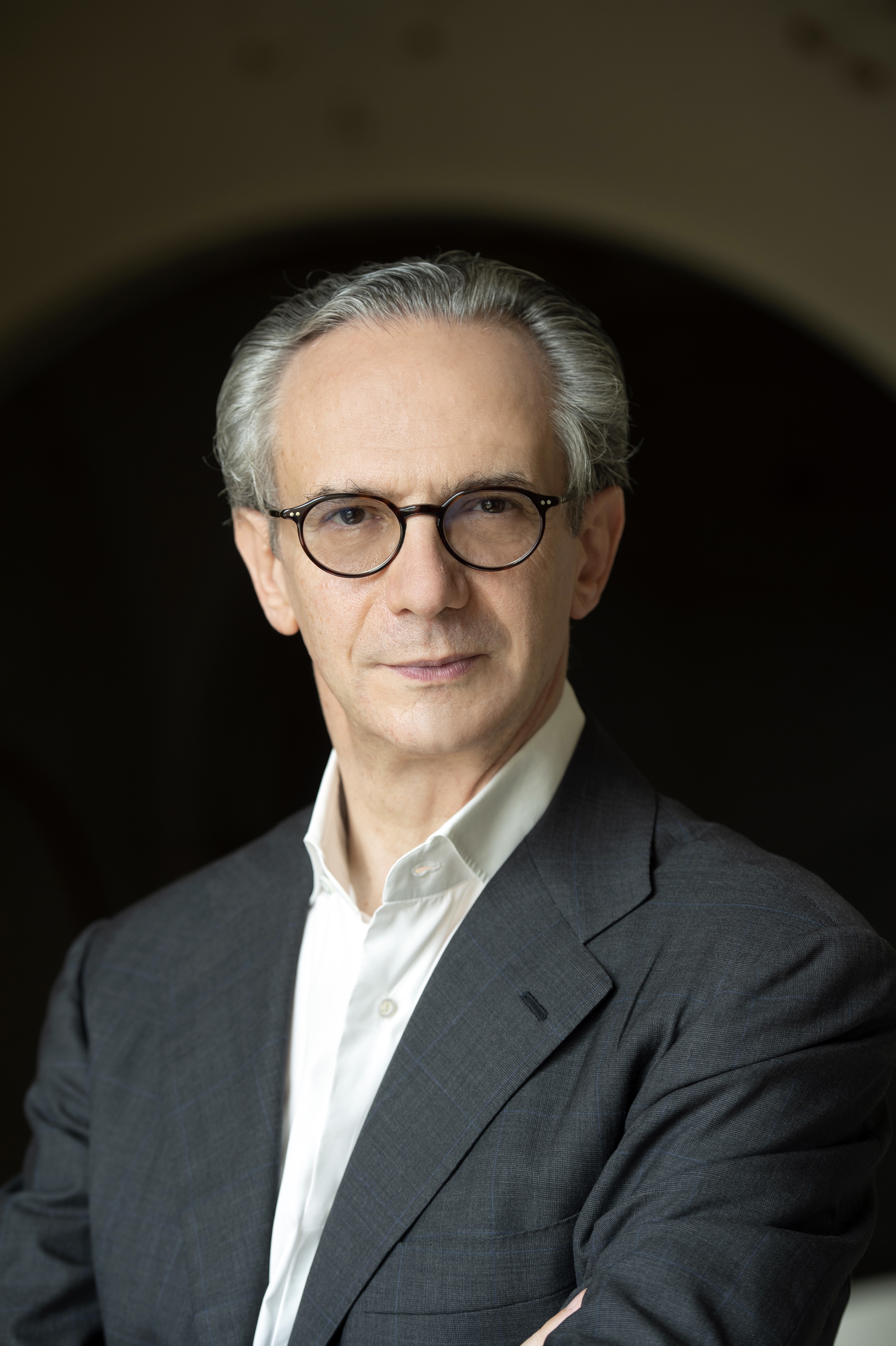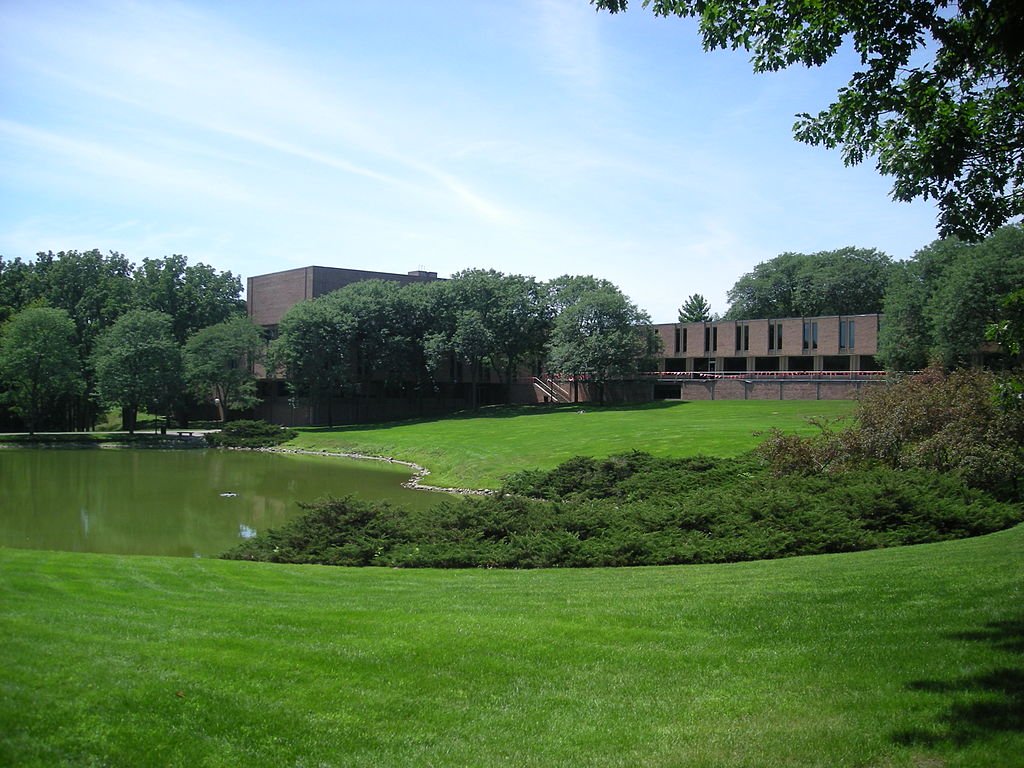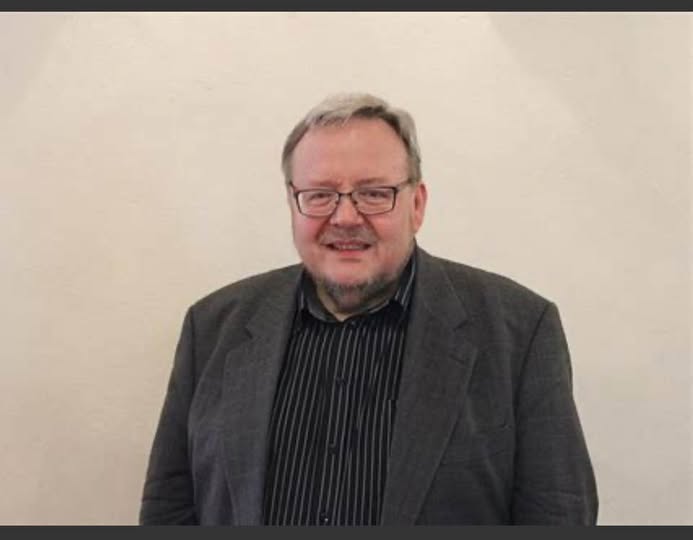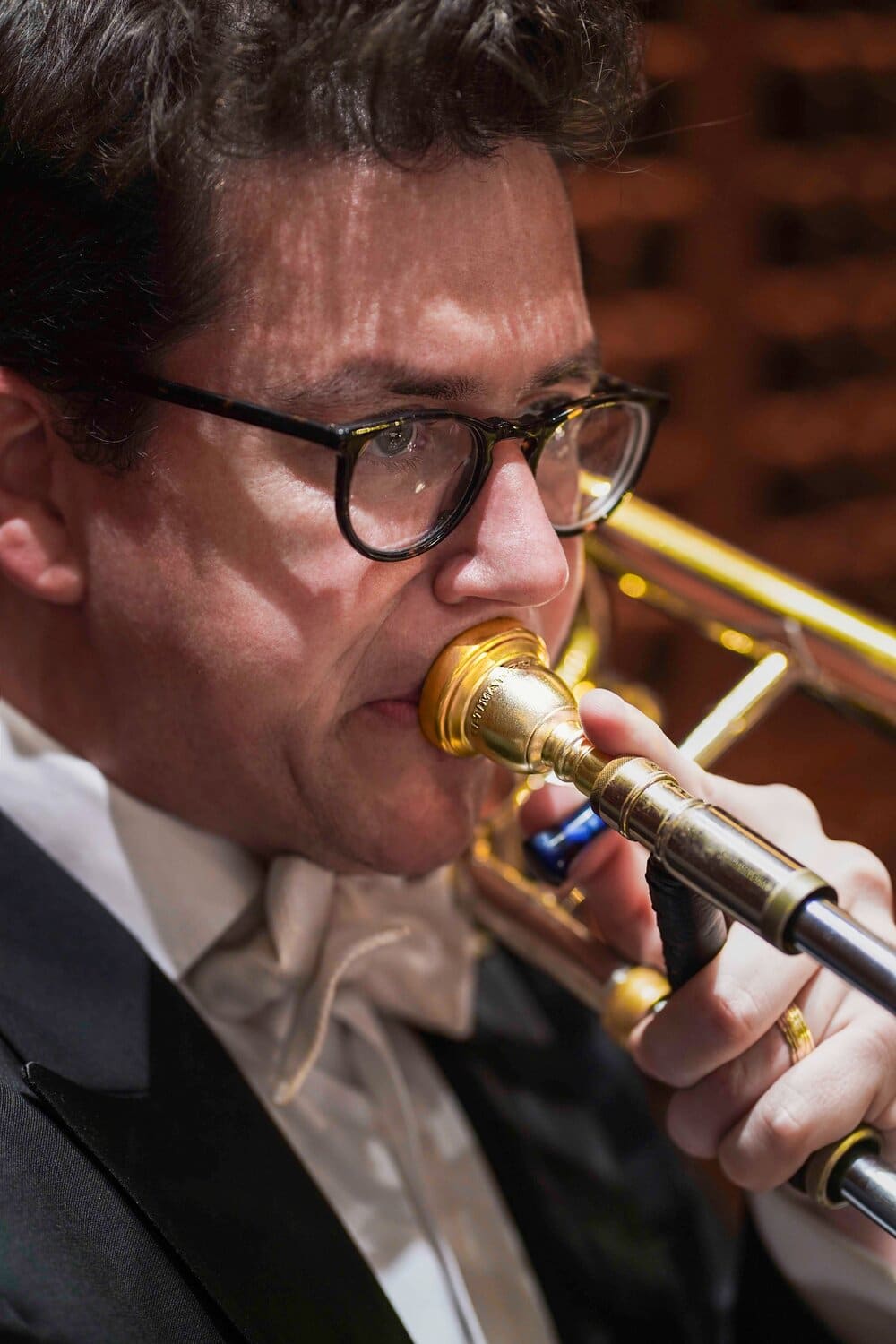Maestro move: Fabio takes Tokyo
mainThe NHK Symphony Orchestra has just named Fabio Luisi as chief conductor from September 2022.
Luisi, 62, is music director of the Dallas Symphony and the Danish National Symphony Orchestra. He is just finishing a term with Zurich Opera so he has some slack in his hectic schedule.






Comments